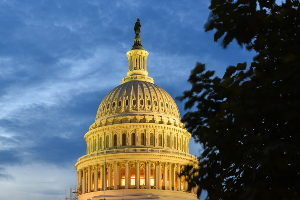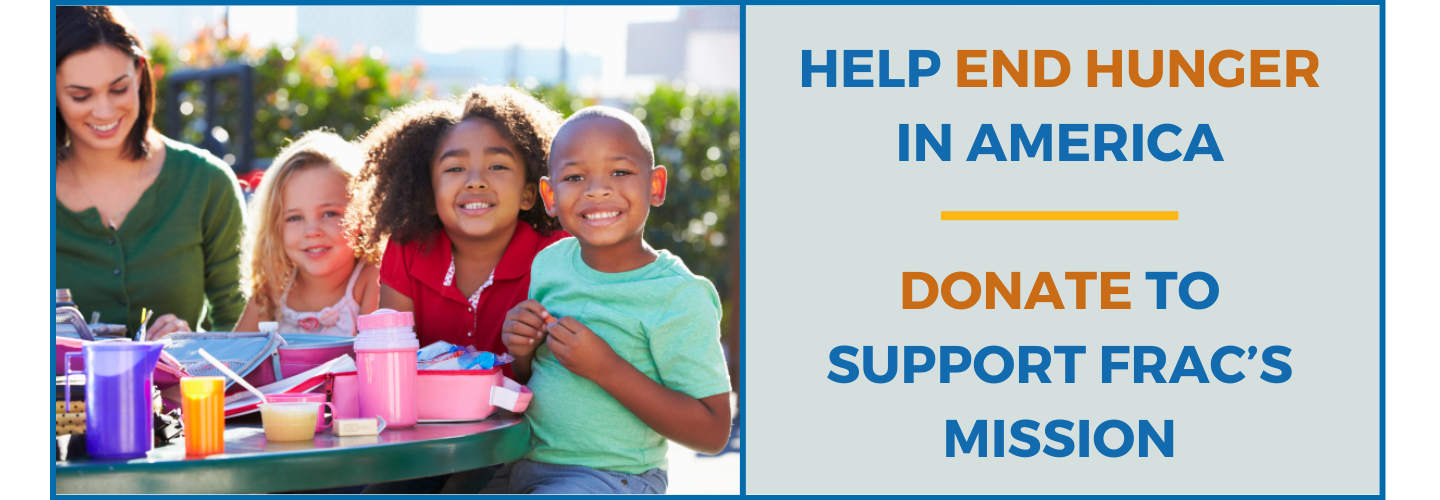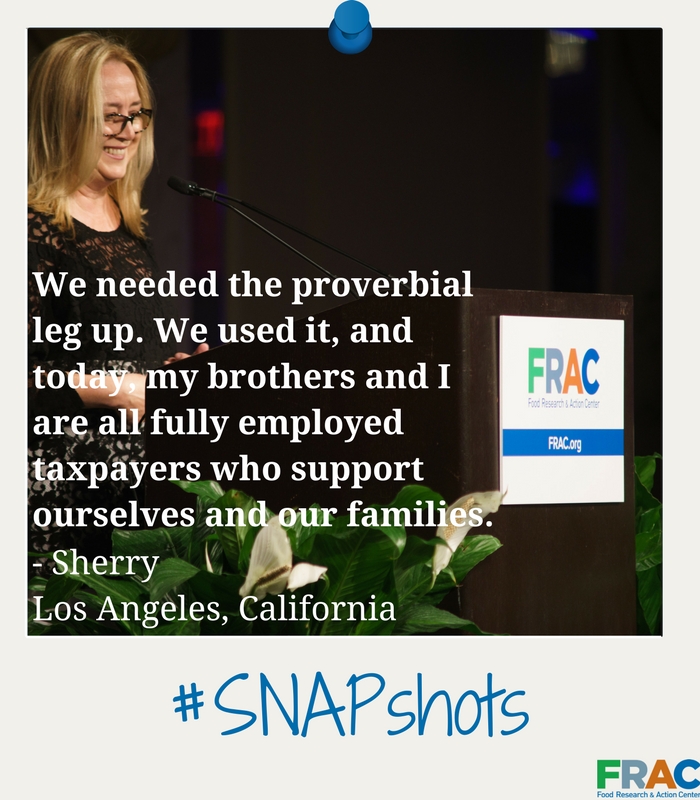
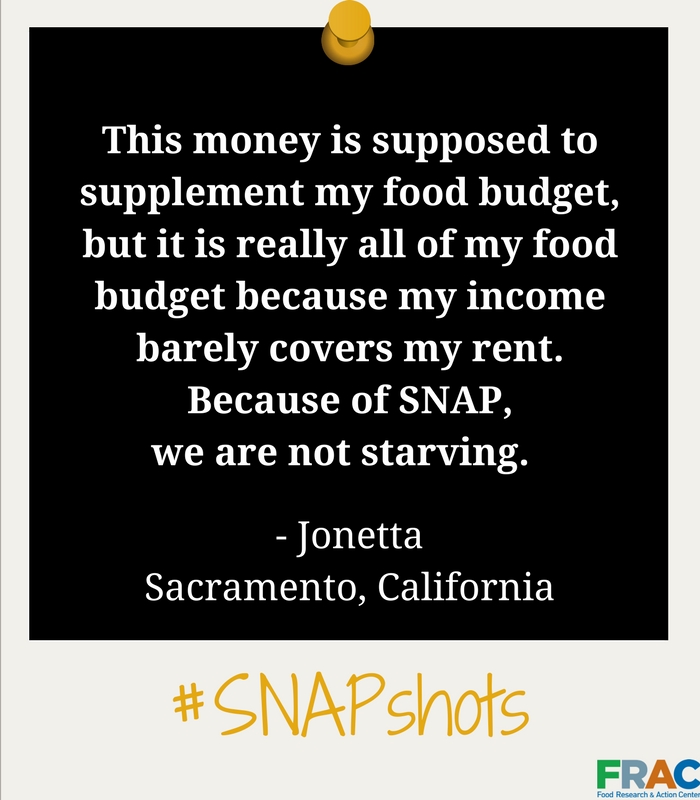
Resources

Congress Needs to Fully Fund WIC for FY 2024
Read More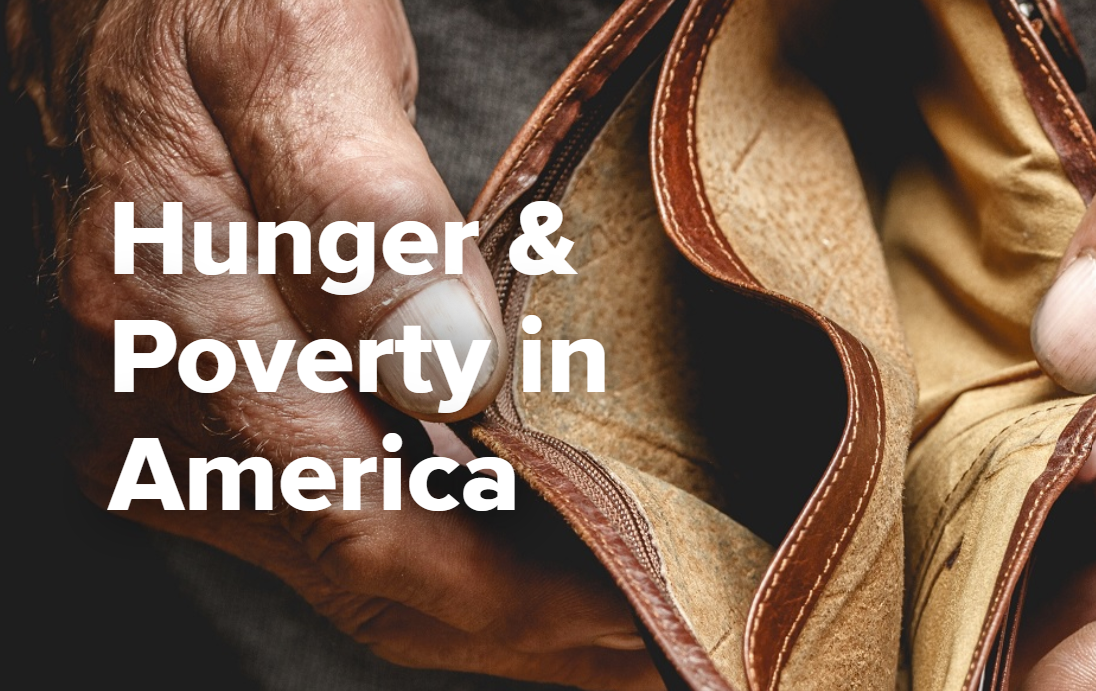
Hunger & Poverty in America
Explore the Data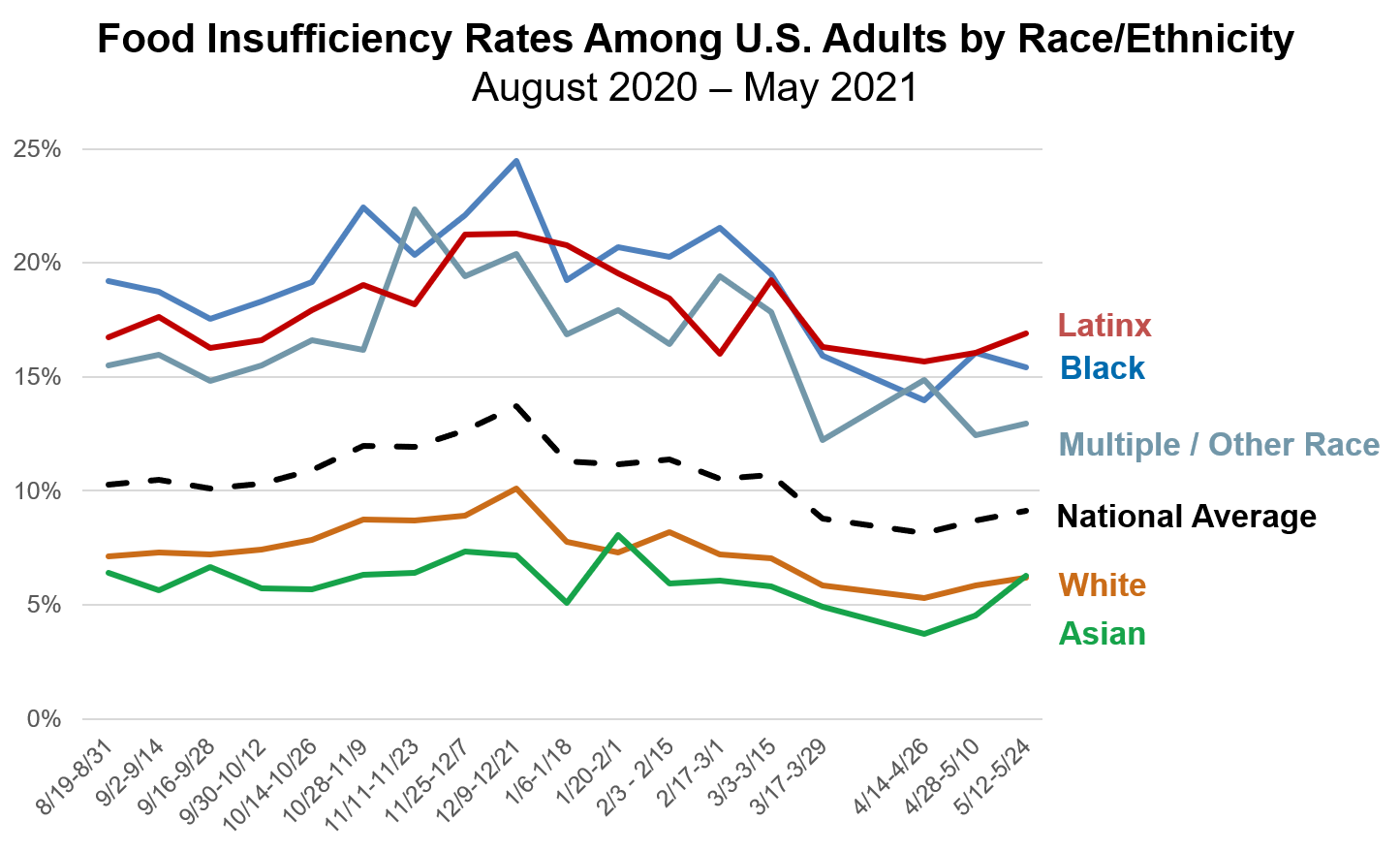
Food Insufficiency during COVID-19
Explore the Data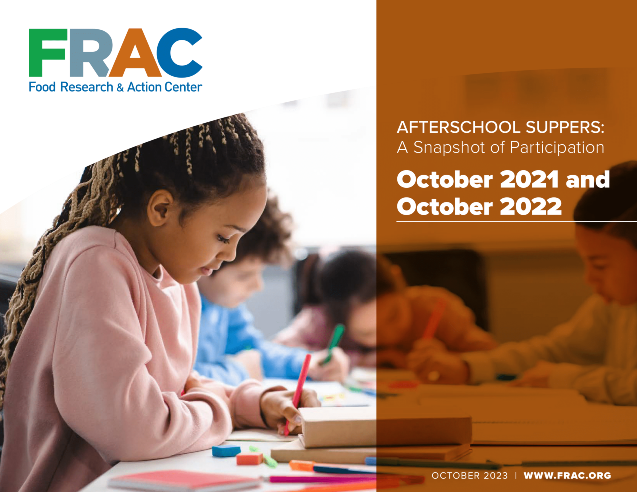
Afterschool Suppers: A Snapshot of Participation – October 2021 and October 2022
Read our latest report
Summer EBT Resource Center
Learn more
Healthy School Meals for All
Learn More
Expanded Child Tax Credits: A Transformational Opportunity to Help Families Put Food on the Table Research Brief
Learn more
Budget Reconciliation 101
Explore our report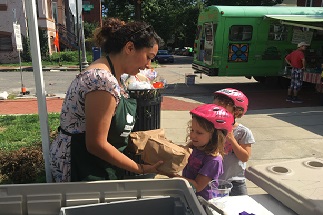
USDA Guidelines on Using Existing Authority to Implement SFSP and SSO Meal Delivery
Q&As from the USDA on the logistics of delivering meals through the Summer Food Service Program (SFSP) and the Seamless Summer Option (SSO) while using existing authority.
News
FRAC Chat
This Pride Month, use resources from the Food Research & Action Center (FRAC) and the National Center for Lesbian Rights (NCLR) that provide information on federal nutrition programs that can help LGBTQIA+ individuals and their families access meals, food, and benefits to buy food
As an organization whose mission is to improve the nutrition, health, and well-being of people struggling against poverty-related hunger in the United States through advocacy, partnerships, and by advancing bold and equitable policy solutions, our work has a commitment to Racial, Equity, Diversity, and Inclusion or as we call it REDI. I co-chair the REDI committee at FRAC and the values embedded in Juneteeth are aligned with our commitment to REDI all year long.
The first Older Americans Month in May 1963 celebrated the contributions of older adults as well as the unique challenges that they face. Special attention to older Americans inspired policy changes like Medicare, which facilitated older adults’ independence, health, and dignity.1
This month, we celebrate the strides made to support older Americans and acknowledge that older adults still face many barriers to active aging and wellness, including food insecurity.
Recent Publications & Data
See More Resources- Report
Efforts by health care providers to address food insecurity continue to grow. FRAC’s new research brief underscores the importance of connecting patients to SNAP, WIC, and other federal nutrition programs as the foundational intervention to address food insecurity in health care settings;
Read the research brief
provides key steps that health care providers can take to connect patients to federal nutrition programs; and synthesizes research on food insecurity interventions in health care settings that featured connecting patients to SNAP and WIC. Learn more in Connecting Patients to SNAP and WIC in Health Care Settings. - Advocacy Tool
The federal nutrition programs are a critical support for tens of millions of households — including individuals of all ages — by helping them put food on the table during times of need. Investing in hunger prevention and relief makes good fiscal sense. Hunger increases health care costs, lowers worker productivity, harms children’s development, and diminishes students’ educational attainment. These negative impacts can be minimized with robust funding and support for the federal nutrition programs. Use this Fiscal Year 2025 Budget and Appropriations leave behind in your advocacy.
Read the leave behind - Advocacy Tool
School meals play an important role in reducing childhood hunger, supporting good nutrition, and ensuring that students are hunger-free and ready to get the most out of their school day. Use this 2024 Healthy School Meals for All leave behind in your advocacy.
Read the leave behind - Advocacy Tool
An expanded and inclusive CTC is a transformational policy for addressing hunger among families with children.3 With the tax credit improvements in the Tax Relief for American Families and Workers Act, Congress has a unique opportunity to address hunger among households with children and improve the nutrition, health, and well-being of millions in our nation. Use this 2024 Leave Behind in your advocacy.
Read the leave behind


